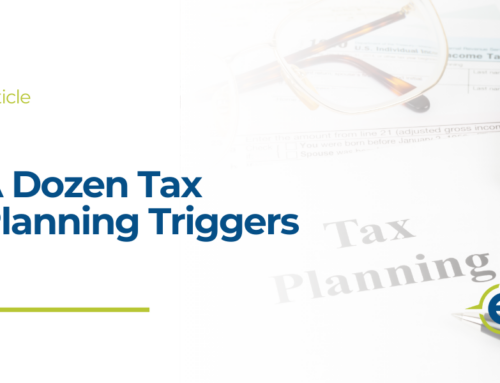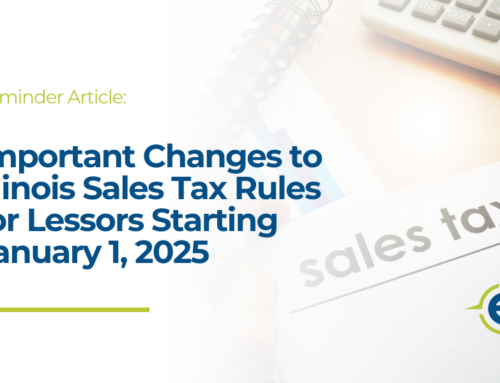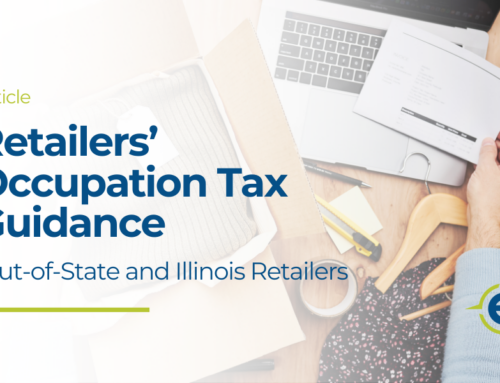Social Security Tax Deferral for Certain Employees – Is it Worth the Risk to Employers?
On August 8, 2020, President Trump signed an executive memorandum to stop withholding Social Security tax from certain worker paychecks and for the deferred amount to be repaid by workers in the future. Subsequently, on August 28, 2020, the United States Treasury issued Notice 2020-65 to provide guidance to employers on how the payroll tax holiday will work. Unfortunately, the guidance still leaves more questions than answers.
Summary of the guidance:
- The deferral of Social Security withholding only applies to workers who earn less than $4,000 bi-weekly (or its equivalent for other pay periods).
- The deferral can start on September 1, 2020 and ends on December 31, 2020.
- This is a deferral of Social Security withholding from employees, not an elimination. The tax does need to be paid in early 2021. This will result in double the withholding in the first 4 months of 2021 which will reduce affected employee paychecks during that time. However, President Trump did say that if he wins re-election he would push to eliminate and extend the tax cut. Whether or not he would have enough votes in congress to pass such legislation is unknown.
- Participation by employers is not mandated.
Questions and issues that remain:
- If an employee leaves before the deferral is paid back in full, the employer is still required to remit the full amount of the deferral. If there is not enough money in a final paycheck to cover the unpaid deferral, there is no guidance on how that will be handled. The way it is currently written, the employer will be left to pay it.
- If an employer decides to implement this deferral for the qualifying employees, there is no guidance on whether the employees can opt out since it is creating a future liability for them.
- Implementing this involuntarily for employees has the potential to create bad will in 2021 when employees have double the taxes taken out of their paychecks for Social Security tax.
- An administrative burden is created for employers since the deferral will need to be tracked and most software systems are not setup to do this since the guidance was just released on August 28, 2020.
- There is a chance that the rules will change, and the Social Security tax may not need to be repaid by the time 2021 comes around. However, the risk to employers is still that they may end up having to pay the employee’s social security taxes that are deferred if an employee leaves before it is paid in full.
The way we see it, there is no upside for employers and the risk is too high to implement this poorly designed plan. So far, the feedback from most employers (outside of the federal government) is that they will not be implementing this Social Security tax deferral for employees. At this time, we are not recommending that employers implement this. Of course, if additional guidance is released that changes our recommendation, we will update you.
As always, if you have questions or concerns, we are here to help. Feel free to reach out to us anytime.
Click Here to see the full list of our Covid-19 Resources







